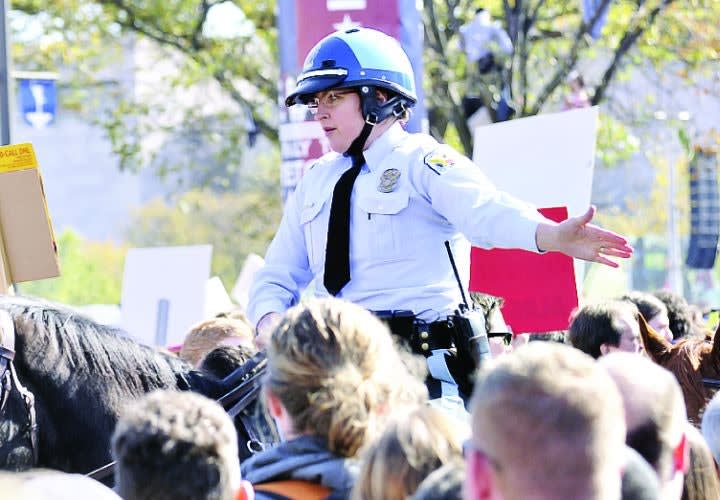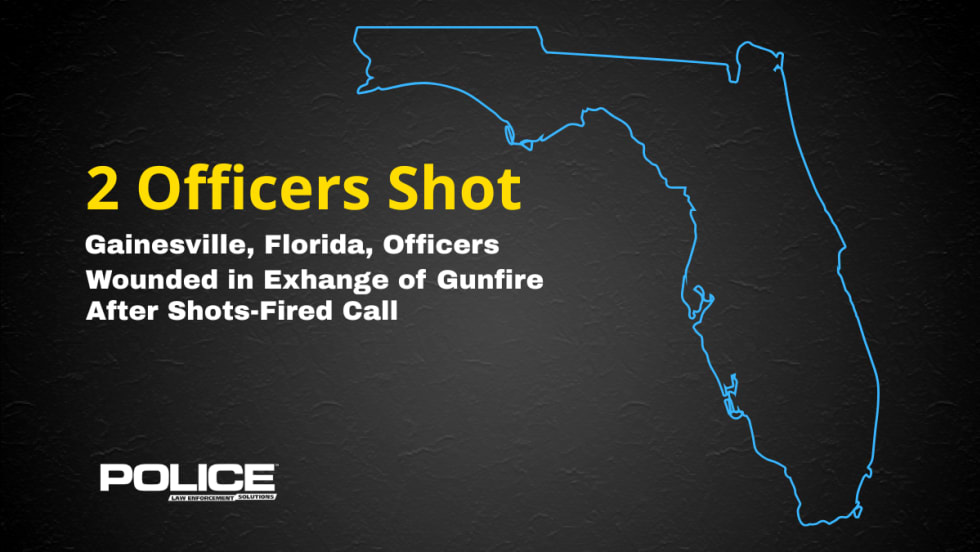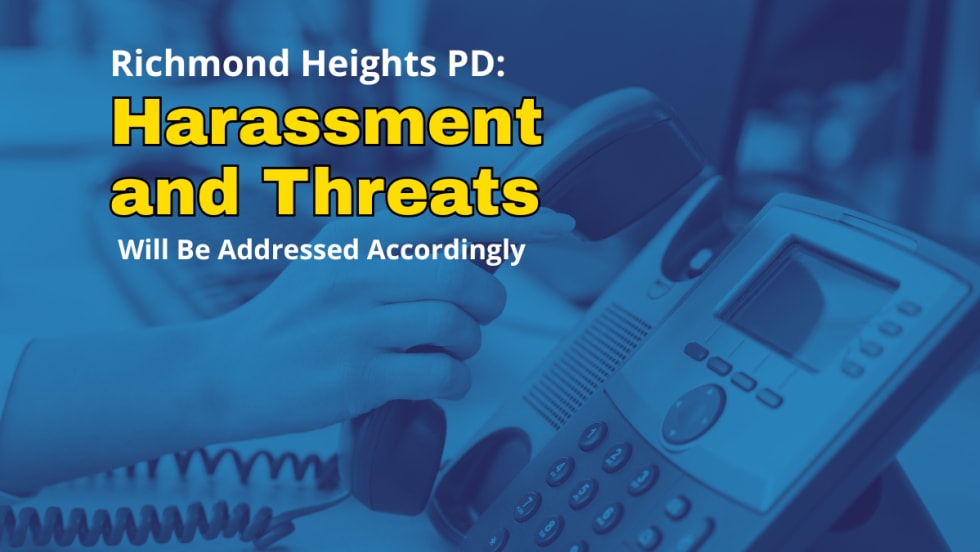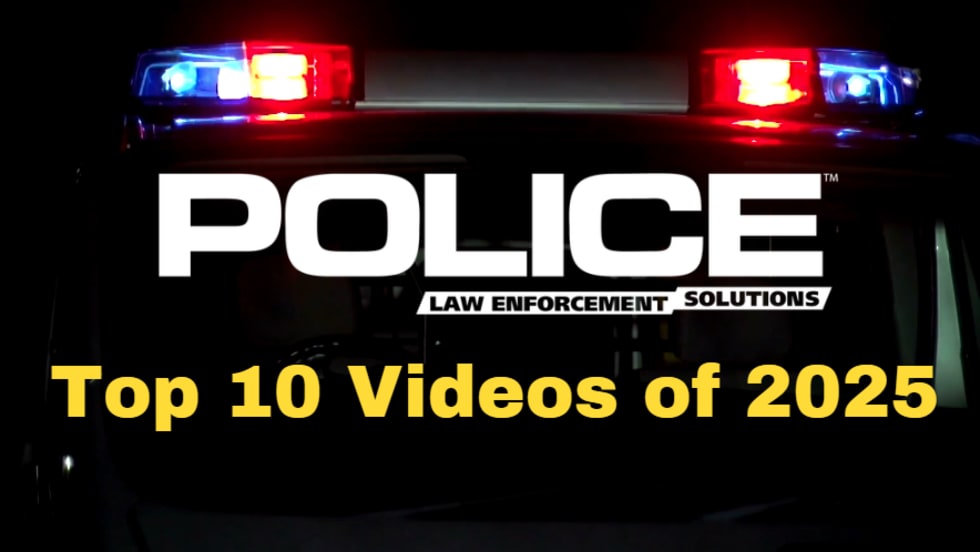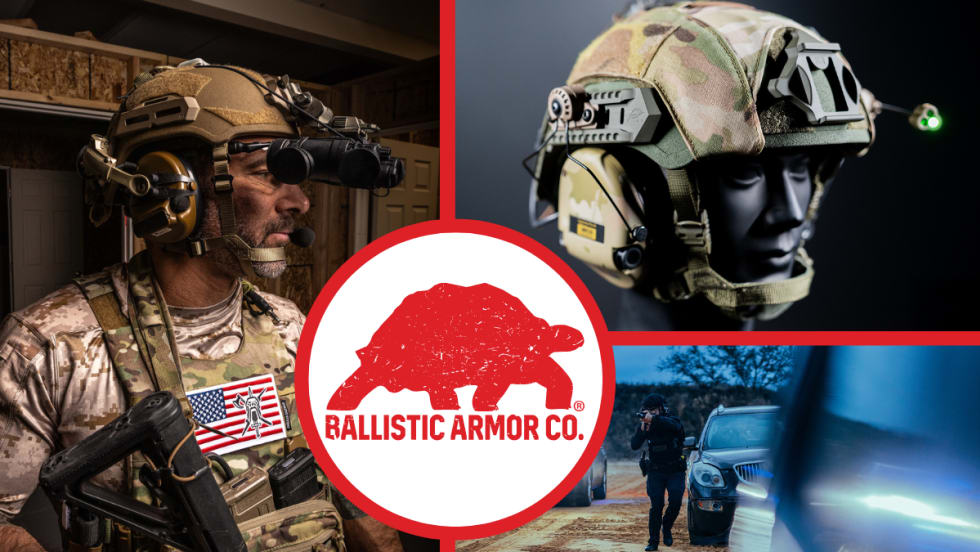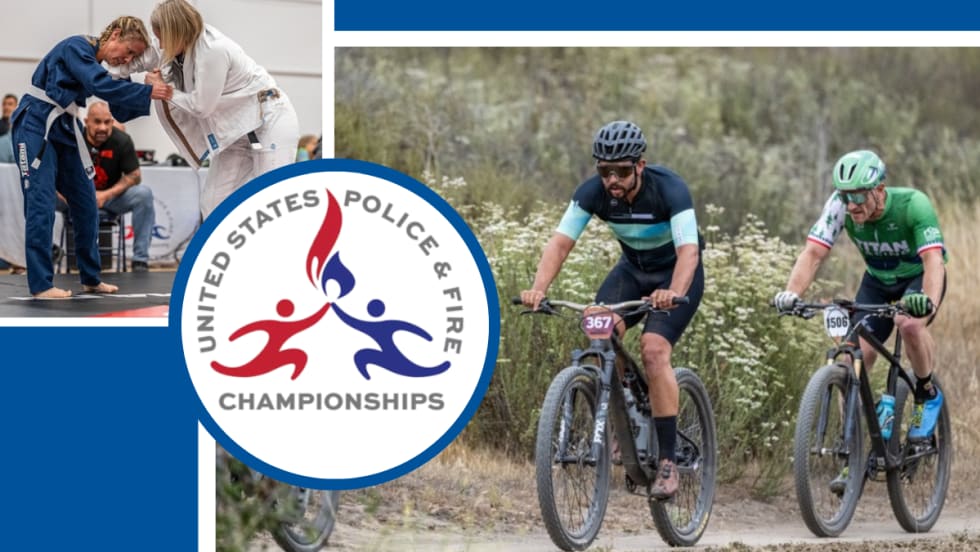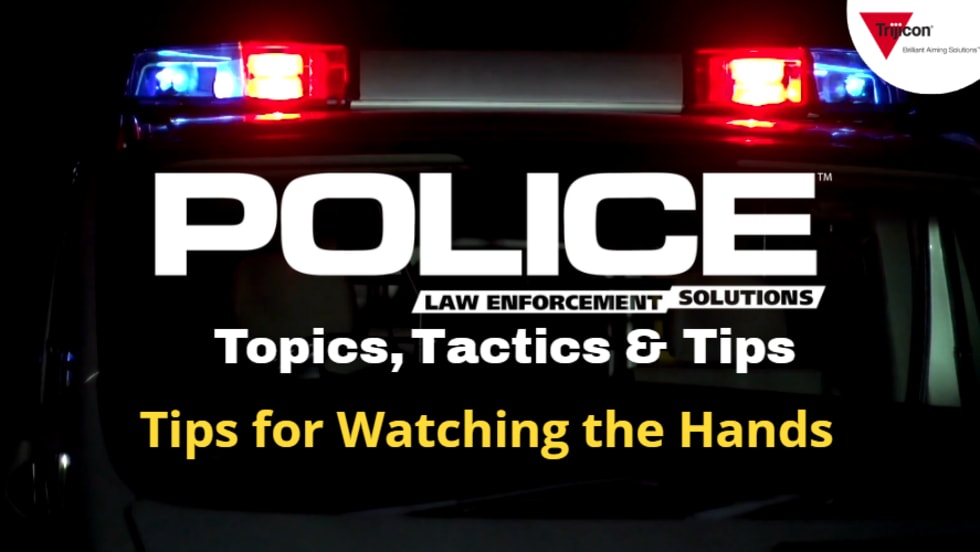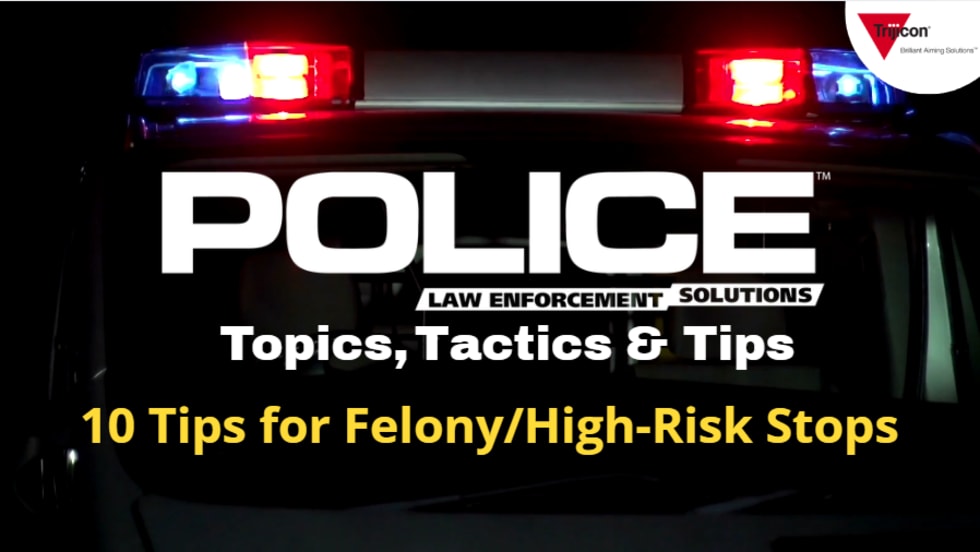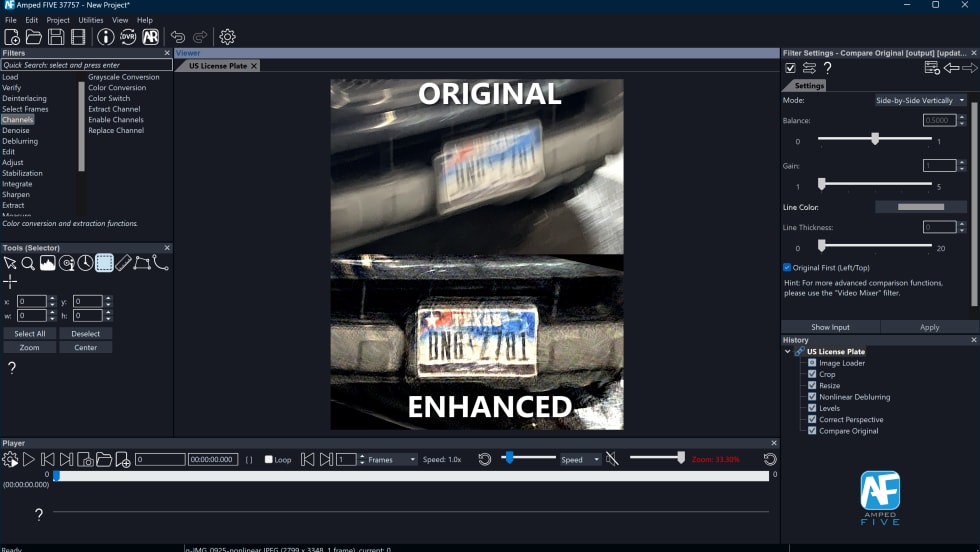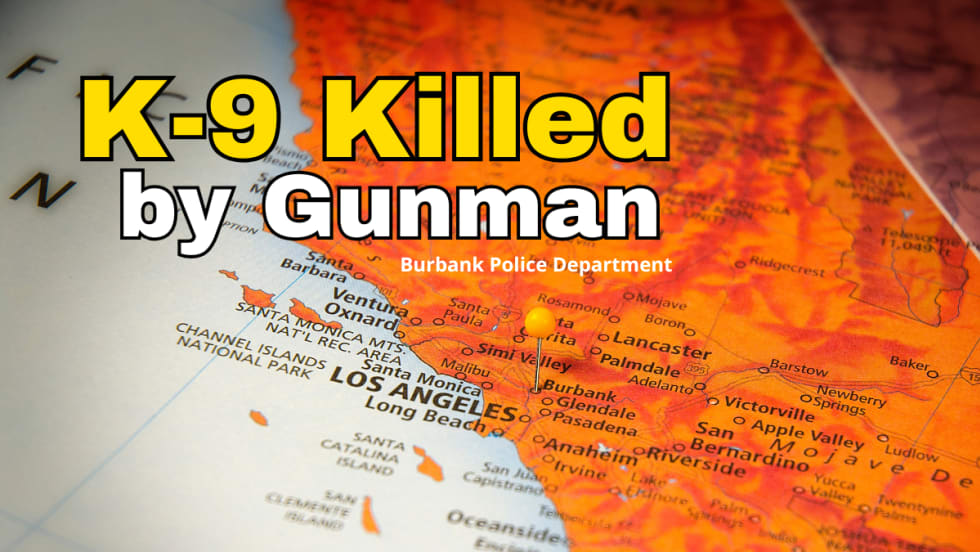After you assess the impact of the event on your organization, coordinate with the people or groups that will help you implement your security plan. You'll want to involve the event coordinator; fire and EMS; information technology; public works; the media; and organized volunteers.
1. The Event Coordinator
Events have individuals or groups responsible for preparing and ensuring that things go as planned. They determine when, where, and how such an event will unfold. Be warned that these laymen have expectations about the support provided by your law enforcement agency. These might not square with your own ideas.
It's your job to work with the coordinator to develop a sound initial concept. For example, a parade route shouldn't go down Main Street at the height of rush-hour traffic.With the right preparation, you could pull this off. The more elaborate the parade route, the greater the number of impacted intersections.
The main goal of profit-oriented groups is making money, so they'll want to plan an event that's the most elaborate in your town's history. A commander must curtail these plans beforehand. If an elaborate idea moves forward, be prepared to handle a response if things get out of control. One harebrained idea involved an event planner who wanted to land a helicopter in the middle of a venue. Fortunately, with the help of fire inspectors and zoning gurus, this disaster didn't happen.


